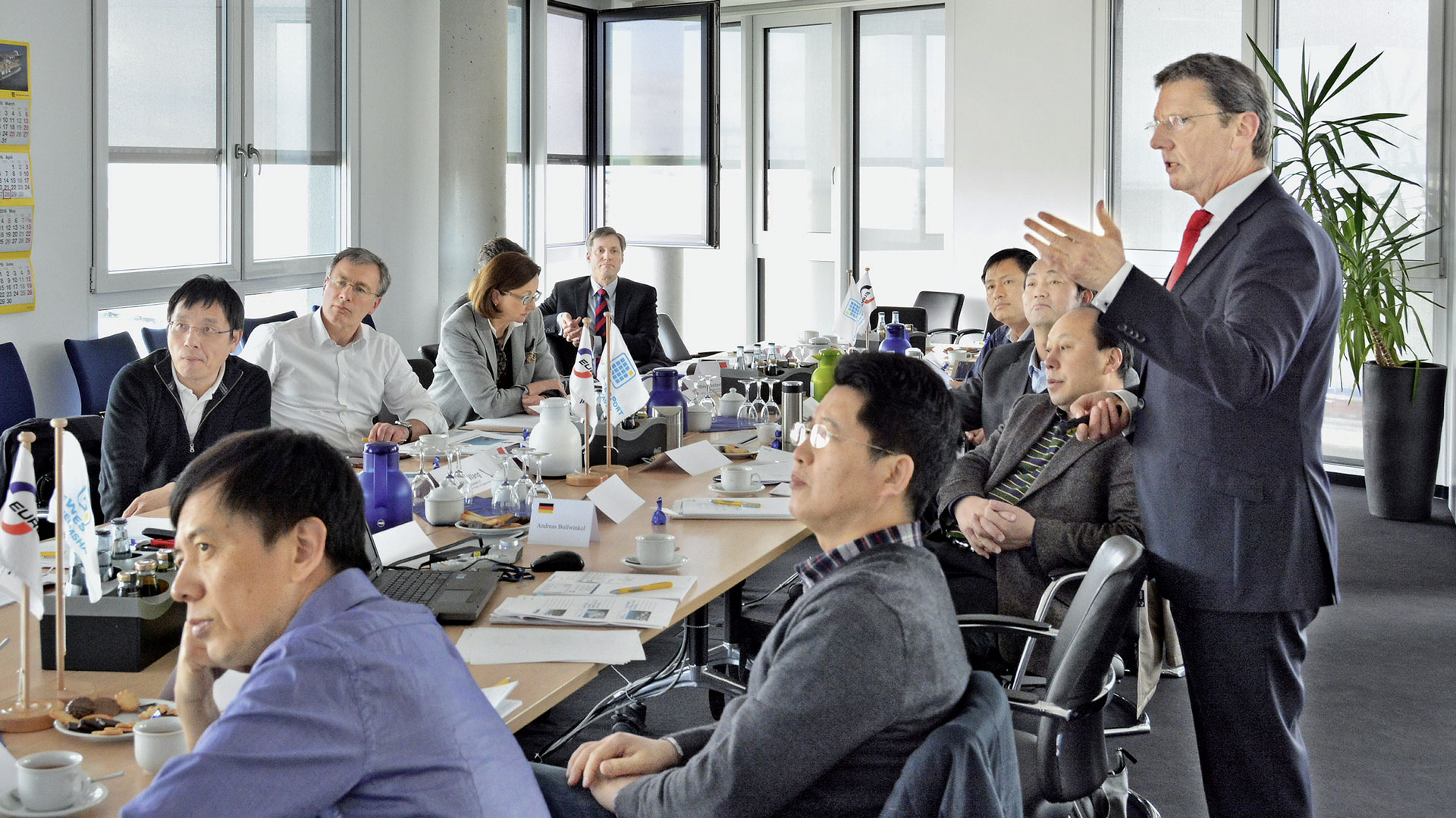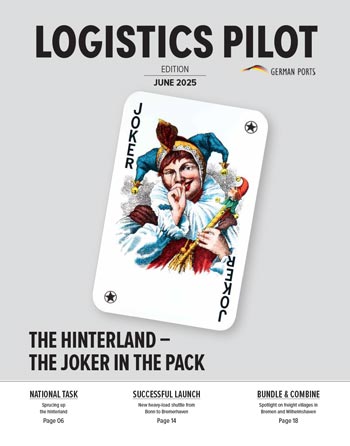Because of their direct manner, Europeans often cause intercultural misunderstandings during business appointments in China. But even handling the business card incorrectly or giving inappropriate presents can take the wind out of the sails of possible business success at an early stage.
The first troubles can already occur with the choice of clothing. Unlike the current European trend of doing away with ties more and more often, in China there is no alternative to a suit and tie for business appointments. “Red ties are especially well received in the Middle Kingdom,” Bullwinkel notes. It is equally as important to pronounce your business partner’s name correctly. It is also good to note the following: When it comes to greetings, the Chinese have long since adopted the shaking of hands that is customary in Europe. But also a short bow is still highly appreciated. “An integral part of my lectures there is to take a bow and start with a Chinese proverb that warns against foreigners who try to speak Chinese,” the manager remarks with a wink. “But after that I immediately continue in English, so as not to startle my hosts too much.”
Diplomacy and patience are a must
Even exchanging business cards can pose challenges. In this case it is essential to always use both hands, study the accepted card intensively and to mention the title printed on the card at the next possible opportunity. In the same breath, men should ideally take their own card out of their breast pocket instead of their trouser pocket, while women are allowed to “magically” conjure it out of their handbag. “Close to the heart is always good,” Bullwinkel puts it in a nutshell. If you are then able to fit in a comment to briefly praise the host’s successes afterwards – in the sense of “I have heard that your company recently opened a branch in so-and-so” – then you have succeeded in building an elegant bridge to discussing business-related topics.
Further hurdles await you during the actual business talk. “The first thing I had to learn here was that in China I need to ban the word ‘no’ from my vocabulary as far as possible,” Bullwinkel admits. On top of that, one should “bring an infinite amount of diplomacy and patience” to negotiations, because in our experience, discussions tend to drag on for a very long time until concrete results are reached. “And these are then oftentimes not final. Quite frequently the contents are discussed and modified yet again at the second or third meeting,” Bullwinkel points out. However, at no point is it appropriate to openly show annoyance with this approach or even criticise it. “The worst thing for a Chinese person is to lose face. Therefore, when confronted with unpleasant situations and obvious differences of opinion, he or she should would quickly withdraw,” Bullwinkel goes on to explain. If this has happened even once, a successful business deal is a long way off. Therefore the manager recommends the following: “The top priority should always be a communicative solution where there are no losers.”

“Warm words” are well received
During business meals, toasts about health, happiness and friendship are highly rated. Naturally, the guest is expected to say something positive about China. “This comes quite easily for me as I am enthusiastic about the New Silk Road and believe it to be a successful infrastructure project,” Bullwinkel adds. Meanwhile, private and political matters are rarely discussed. If the Chinese nevertheless require him to make political statements, the marketing expert will hold back: “I leave this to others. In case of doubt, I declare that I know too little to be able to form an opinion.” Instead, he prefers to divert the topic to sports such as table tennis, badminton and basketball, which are highly valued in China.
“When it comes to topics like these, it becomes evident that the Chinese are not only enthusiastic, but they also have a greater sense of humour than many people think,” says Bullwinkel. Experience has taught him that: Shared laughter builds trust. And after three or four meetings, this trust often allows for the coming together of something that is by no means negative for joint projects. Negative, in the sense of “absolutely inappropriate”, however, are presents for the hosts, such as watches, umbrellas and knives. These symbolise a lifetime that is coming to an end, suggest that we never want to see the other person again, or can be seen as a bad omen, as they essentially cut the friendship and thus the negotiations. On the other hand, gifts that create a direct link to Germany are extremely appreciated. Such as a good bottle of Riesling, a city coat of arms made of brass or manufactured porcelain from Lower Saxony. As Bullwinkel reports, high-quality fountain pens and nautical equipment such as sextants, which provide a direct link to the port, are also well received. (bre)







